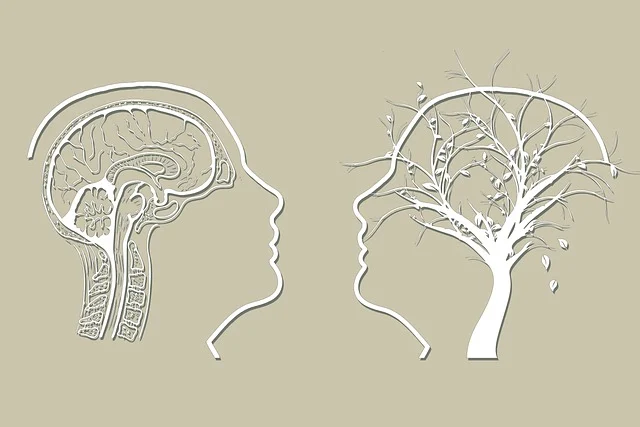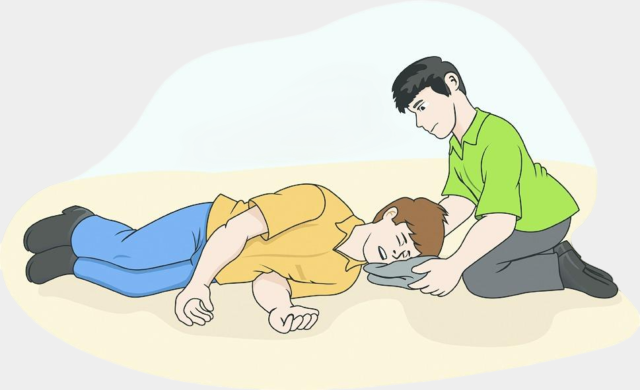Introduction
Stress is something we all deal with. Whether it’s a looming deadline at work, juggling school and personal life, or simply navigating the unpredictability of everyday responsibilities, stress has a way of creeping in. It’s completely normal, but that doesn’t mean we have to let it take over our lives.

In today’s fast-paced world, learning how to handle stress effectively isn’t just a nice skill to have — it’s essential for mental and physical well-being. This article offers practical, easy-to-follow stress management tips that can help you reduce stress, regain control, and live a more peaceful life. If you’ve been feeling overwhelmed, you’re not alone — and the strategies here are designed just for you.
Section 1: Understanding Stress
Before we dive into the ways to relieve stress, it helps to understand what it really is.
What Causes Stress?
Stress can stem from almost any situation, especially those that involve change, pressure, or unpredictability. Common sources include:
- Work or school demands
- Financial concerns
- Relationship conflicts
- Health issues
- Major life changes (e.g., moving, career shifts)
Physical and Emotional Effects of Stress
When stress hits, it affects both your body and mind. You might experience:
- Headaches or fatigue
- Difficulty sleeping
- Irritability or anxiety
- Muscle tension
- Changes in appetite
Short-Term vs. Long-Term Stress
Short-term stress can be helpful in small doses — it might push you to meet a deadline or avoid danger. But when stress becomes a constant presence, it can take a toll on your health, increasing the risk of heart disease, depression, and burnout.
Understanding your stress triggers is the first step in learning how to handle stress effectively.
Section 2: Practical Stress Management Techniques
Now let’s talk solutions. Here are proven, actionable stress management tips that you can start using today:
1. Exercise Regularly
Physical activity is one of the most effective ways to reduce stress. It releases endorphins — the body’s natural mood boosters — and helps clear your mind.

Try this: Take a brisk 30-minute walk, do yoga at home, or dance to your favorite playlist. Anything that gets you moving counts.
2. Practice Mindfulness and Meditation
Mindfulness is all about being present in the moment. Meditation can calm your mind and help you gain perspective.
Try this: Start with 5 minutes of guided meditation using apps like Headspace or Calm. Focus on your breathing and gently bring your thoughts back when they wander.
3. Maintain a Healthy Diet
What you eat impacts how you feel. A well-balanced diet supports mental health and helps stabilize your mood.
Try this: Eat whole foods like vegetables, fruits, nuts, and lean protein. Avoid excessive caffeine, sugar, and processed snacks.
4. Get Enough Sleep
Poor sleep makes it harder to cope with stress. Restorative sleep gives your brain the chance to reset.
Try this: Establish a regular sleep routine. Avoid screens an hour before bed and keep your bedroom dark and cool.
5. Learn to Say “No”
Overcommitting yourself can lead to burnout. Setting boundaries is a form of self-care.
Try this: Practice politely declining extra tasks or invitations that don’t align with your priorities.
6. Practice Time Management
Feeling overwhelmed often comes from disorganization. Planning your time can give you a greater sense of control.
Try this: Use a planner or digital calendar. Break tasks into smaller steps and set achievable goals.
7. Connect with Others
Social support is a powerful stress buffer. Talking with someone you trust can lift your mood and provide new insights.
Try this: Call a friend, join a club or group, or schedule time with loved ones. Even short conversations can help.
These techniques aren’t just “nice ideas” — they’re practical tools for coping with stress in a healthier, more manageable way.
Section 3: Mental Health and Professional Help
Sometimes, stress can become too much to handle on your own. If you feel constantly overwhelmed, anxious, or depressed, professional help can make a significant difference.
When Stress Becomes Overwhelming
If your stress is affecting your ability to function, it’s time to reach out. Signs you may need support include:

- Ongoing sadness or irritability
- Withdrawal from friends and family
- Trouble sleeping or concentrating
- Physical symptoms with no clear cause
Importance of Therapy or Counseling
Talking to a licensed therapist can provide clarity, tools, and a safe space to explore what’s weighing you down. Therapists can teach you coping mechanisms tailored to your personal situation.
How to Find Mental Health Resources
- Check with your insurance provider for covered therapists
- Use platforms like BetterHelp or Talkspace
- Ask your doctor for a referral
- Look for community or campus counseling centers
There is no shame in seeking help. Taking care of your mental health is just as important as caring for your physical health.
Section 4: Building a Daily Stress-Relief Routine
Creating a routine that supports your well-being can prevent stress from building up.
Morning and Evening Rituals
Start and end your day with intention. This creates bookends of calm in a busy schedule.
Morning ideas:
- Stretch for 5 minutes
- Practice gratitude
- Eat a nutritious breakfast
Evening ideas:
- Disconnect from screens
- Read a book
- Reflect on the day
Digital Detox
Constant notifications and screen time can keep your mind in overdrive. A break can help you recharge.
Try this: Designate screen-free hours, especially before bed. Leave your phone in another room while you sleep.
Journaling or Gratitude Practices
Writing things down can help process thoughts and focus on the positive.
Try this: Spend 5 minutes journaling at night. Write down 3 things you’re grateful for each day.
Making these small changes part of your daily life can have a big impact on your ability to handle stress.
Conclusion
Stress is a part of life, but it doesn’t have to control you. By understanding your triggers, using practical strategies, and prioritizing self-care, you can take charge of your mental health and find more balance.
Remember: You don’t need to do everything perfectly. Even small steps can lead to big improvements. Take a deep breath, and know that managing stress is a journey — one that you’re absolutely capable of navigating.
“You can’t always control what goes on outside. But you can always control what goes on inside.” — Wayne Dyer
Start today. Your calmer, healthier life is within reach.



